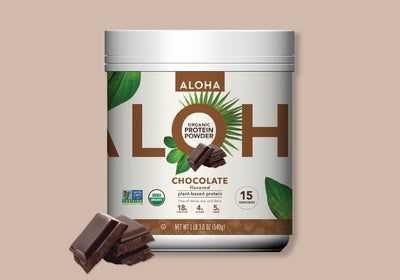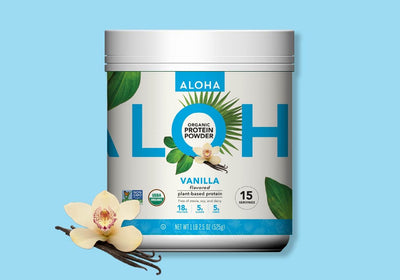Our plant-based protein bars are packed with 14g of plant-based protein in a variety of mouthwateringly delicious flavors.
Take our best seller – the Peanut Butter Cup Protein Bar which features a rich, chocolate coating and savory peanut butter filling in these organic protein bars for a beautiful blend of salty and sweet.
With 14g of brown rice and pumpkin seed protein and 10g of fiber, you'll have the support you need to revitalize your soul and melt your troubles away. Always free from: gluten, dairy, soy, stevia, and sugar alcohol sweeteners.
The Role Of Amino Acids In Muscle Development
Amino acids play a pivotal role in muscle development as they act as fundamental components of protein, which in turn is essential for muscle repair, growth, and maintenance. Understanding the general involvement of amino acids can provide valuable insights into optimizing your muscle-building efforts.
Essential vs. Non-Essential Amino Acids
The human body requires twenty amino acids to function properly, out of which nine are classified as essential. These essential amino acids (EAAs) cannot be produced by the body and must be obtained through our diet. They include histidine, isoleucine, leucine, lysine, methionine, phenylalanine, threonine, tryptophan, and valine. Leucine, in particular, is renowned for its significant role in muscle protein synthesis, making it a critical component for muscle growth.
On the other hand, non-essential amino acids can be synthesized by the body, even if we do not receive them from the food we eat. These include alanine, asparagine, aspartic acid, and glutamic acid, among others. Although termed non-essential, these amino acids still carry out crucial functions and contribute to the muscle development process.
Amino Acids And Muscle Protein Synthesis
Muscle protein synthesis is the process through which the body builds new muscle proteins, essential for muscle growth and recovery. This process is heavily influenced by the availability of EAAs. Following a workout, muscle fibers undergo repair, relying on amino acids to rebuild the tissue stronger than before. The more efficiently amino acids can be utilized for protein synthesis, the faster and more effectively muscles can recover and grow.
The Impact Of Amino Acid Supplementation
For athletes and individuals focused on gaining muscle, supplementing with amino acids, particularly branched-chain amino acids (BCAAs), which include leucine, isoleucine, and valine, has been a popular strategy. These supplements can provide a direct source of the key amino acids responsible for muscle protein synthesis.
Supplementing with amino acids, especially around workout times, can help enhance muscle recovery, reduce exercise-induced muscle damage, and potentially accelerate muscle growth. However, it's important to remember that while supplements can be beneficial, obtaining amino acids through a balanced diet rich in protein from various sources should always be the priority.
Balancing Amino Acid Intake
Achieving a balance in amino acid intake involves consuming a variety of protein sources. Animal proteins like meat, eggs, and dairy are complete sources of protein, meaning they contain all the essential amino acids in sufficient amounts. Plant-based proteins, on the other hand, may lack one or more of the EAAs. Therefore, individuals following a vegetarian or vegan lifestyle should aim to combine different plant-based protein sources throughout the day to ensure they receive a complete profile of essential amino acids for optimal muscle development.
In conclusion, the role of amino acids in muscle development is multifaceted, driving muscle protein synthesis, aiding recovery, and supporting growth. Understanding and optimizing your amino acid intake can significantly impact your muscle-building results. Prioritizing high-quality protein sources, considering supplementation when necessary, and maintaining a balanced diet are key strategies for harnessing the muscle-building power of amino acids.

 collection header image
collection header image
 collection header image
collection header image






